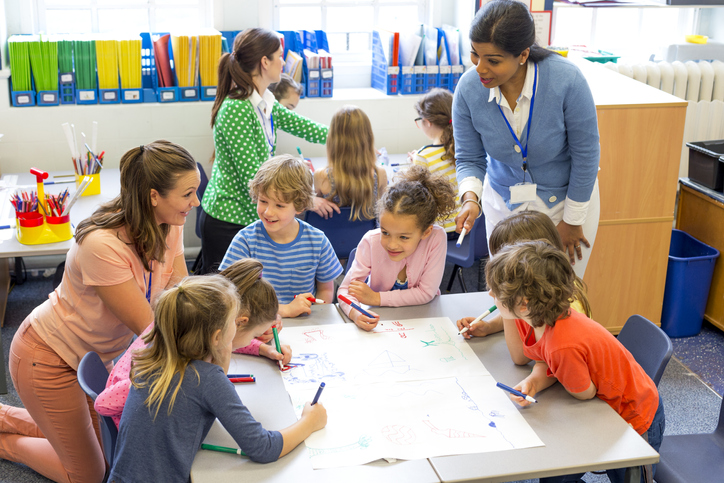The second full year of school-with-COVID is two-thirds finished. As you head into this final third, a question comes to mind: how are you and your teachers going to remember this year?
The interesting thing is, you have some control over the answer.
The human brain remembers an experience by its peak (the most intense part) and its ending. If both the peak and the ending are positive, we remember the experience as positive. A negative peak and ending render the memory negative. It’s called the peak-end rule.
In the case of professional educators, we might not have a lot of control over what our peak experience for this academic year is. And considering how stressful this year has been for everyone in the world, there’s a good chance it was a negative peak. Is there anything we can do to create a positive end mark to this year?
The answer is a little strange.
We tend to see the final weeks of a school year as the climax of a story, complete with the stress and expectations that come with it — ramping students up for big tests or final projects. But the chronic stress that everyone has been under for the past two years has depleted our energy. A lot of us — students, teachers, staff, and administrators — are burning out. Pushing for an achievement-based ending might not be the best way to make it a positive one this time around.
 Maybe we should push for a meaning-based ending instead.
Maybe we should push for a meaning-based ending instead.
Meaning is what motivates people the most. The best athletes are the ones for whom the sport means something. If they just want to win, they are unlikely to put in the time, effort, and passion to become truly great. Meaning is also the main motivator of teachers. It may be great to get your students to pass the year-end exam, but what you’re really there for is to impact their lives for the better. And, of course, meaning is the most important thing to our students, too.
Hypothetically, what would the last month of school look like if we structured it to be meaning-oriented rather than achievement-oriented?
The peak-end rule tells us that this kind of month wouldn’t be all fun and games. It would still look like school. But its intensity would fade. Studies have shown that a gradual diminishment of discomfort at the end of a medical procedure causes patients to remember it more fondly than patients who experienced a sudden relief from discomfort. This research can be applied to the stress of school as well.
The focus during this last month could be strengthening the relationship between everyone in the school: between teachers and students, teachers and teachers, teachers and administrators, etc. And, the best way to strengthen relationships and cultivate meaning is to work on creative projects together.
For so much of the year, teachers are trying to bring students up to particular standards, and administrators are trying to do the same for teachers. What if we had a month where, instead of trying to get students or teachers to a particular point of mastery, we see what we can make together? What new thing can we create when the end point isn’t defined?
I’m talking about this now because planning an effective creative experience takes time. What kind of creative experience could happen between teachers and administrators? Teachers and teachers? Staff and teachers? Teachers and students? What kinds of projects would help develop a sense of community? What would put a cherry on top of this strange school year?
I don’t know if I would suggest planning for a meaning-based school year ending every year. But this year, I definitely would. Meaning has been missing from so much of our work for the past two years. I think we need a good refill. What do you think?
